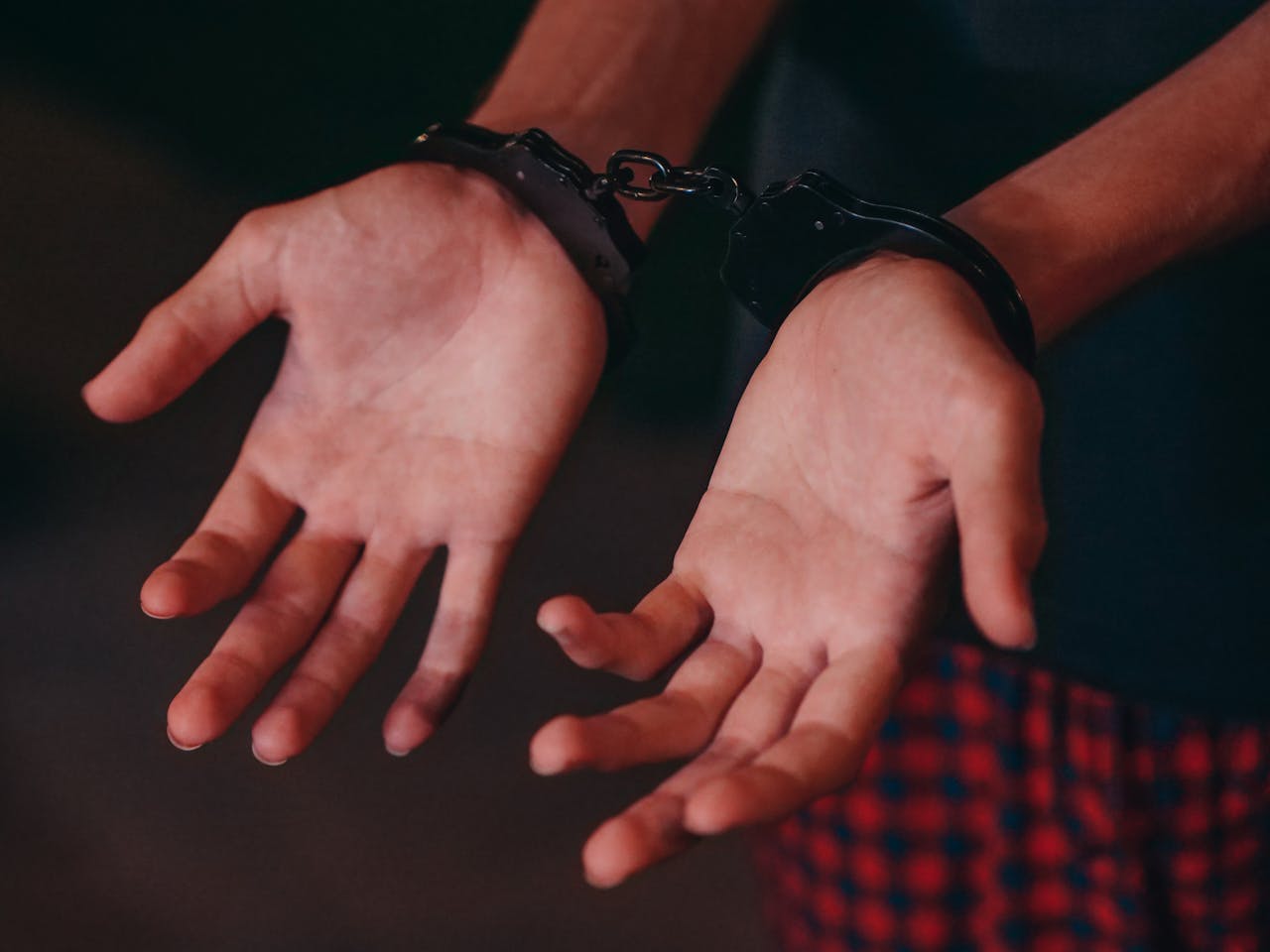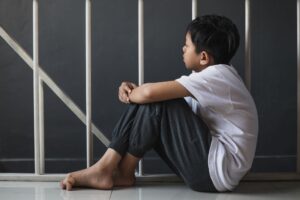Juvenile offenses refer to criminal activities committed by individuals under the age of 18, which are dealt with by the juvenile justice system. With the increasing rates of juvenile offenses in recent times, it has become a growing concern for parents, educational institutions, and the community at large. The consequences of a juvenile offense can have long-lasting effects on both the emotional wellbeing and future prospects of a minor. This article aims to educate those concerned with the various aspects of juvenile offenses, such as the types of offenses, potential consequences, and the importance of seeking skilled legal representation to protect a minor’s future.
There are a wide range of juvenile offenses that can range from minor infractions, such as truancy or curfew violations, to serious criminal acts, such as theft, assault, drug offenses, and even homicide. While some offenses may be classified as status offenses – violations that would not be illegal if committed by an adult – others can be more severe and may lead to criminal charges being filed in court. It’s important to be aware of the different types of juvenile offenses as the consequences can vary significantly depending on the nature and severity of the offense.
The consequences of a juvenile offense can be far-reaching, impacting various aspects of a minor’s life. Consequences may include detention or probation, fines, community service, restitution, educational consequences, and in some cases, even adult criminal records. Having a criminal record, particularly for a juvenile, can have profound effects on their future, limiting their employment and educational opportunities as well as potentially causing them to be ostracized from their peers and community.
Understanding the Consequences of a Juvenile Offense and Its Impact on a Minor’s Life
Types of Juvenile Offenses
Juvenile offenses can vary in severity and can be classified into two main categories: status offenses and delinquent offenses. Status offenses are behaviors that are considered unlawful due to the minor’s age, such as truancy, underage drinking, or curfew violations. Delinquent offenses, on the other hand, are criminal acts that would also be considered illegal if committed by an adult. Some examples of delinquent offenses include theft, drug possession, assault, and vandalism.
Each state has its own set of laws governing the juvenile justice system, but there are certain common principles that apply nationwide. For instance, the primary goal of the juvenile justice system is to rehabilitate and educate minors, instilling a sense of responsibility in them to deter future criminal activities. Although the consequences of a juvenile offense can be severe, they are often more focused on providing corrective measures than imposing harsh punishments.
Consequences of Juvenile Offenses
Juvenile offenses can lead to various consequences that may affect both the immediate and long-term future of the minor in question. Some common consequences include the following:
1. Detention or probation: Depending on the severity of the offense, a juvenile court may order a minor to be detained in a juvenile detention center or placed on probation, which involves close supervision and adherence to specific court-ordered conditions.
2. Fines and restitution: Minors found guilty of an offense may be required to pay fines, as well as restitution to the victims, to compensate for any damages or losses incurred due to the offense.
3. Community service: A juvenile court may order a minor to participate in community service activities as a form of restitution and rehabilitation.
4. Counseling and treatment programs: In cases involving substance abuse or mental health concerns, the court may require the juvenile to attend counseling or therapeutic treatment programs.
Navigating the Juvenile Court Process
The juvenile court process can be complex, and it’s essential for parents and guardians to understand their rights and the various stages involved. Some key steps in the juvenile court process include:
1. Intake: The initial stage where authorities evaluate the case to determine if there is sufficient evidence to proceed. If they decide to move forward, the case will be referred to the juvenile court.
2. Adjudication: During the adjudication phase, a hearing is held before a judge to determine if the minor is guilty of the offense. The judge will review evidence, testimonies, and arguments from both sides. If the minor is found guilty, the case will proceed to the disposition phase.
3. Disposition: The disposition hearing is where the court decides what consequences the minor will face for the offense. The consequences may include detention, probation, community service, or mandatory counseling, among others.
4. Post-disposition: After the completion of the court-ordered consequences, the juvenile court may continue to monitor the minor’s progress and compliance with the conditions set forth in the disposition order.
The Importance of Legal Representation
Navigating the juvenile court process can be challenging, and having an experienced criminal defense attorney by your side can make a significant difference in the outcome of the case. A skilled attorney can:
1. Help you understand the entire legal process, your rights, and the potential consequences your child may face.
2. Advocate for your child’s best interests and work diligently to achieve a favorable outcome, such as reduced charges or alternative rehabilitation programs.
3. Guide your child through any required court appearances, ensuring they are fully prepared and aware of what to expect.
4. Provide emotional support and guidance to both the minor and the family during this challenging time.
Conclusion
The consequences of a juvenile offense can have lasting effects on a minor’s future, making it crucial for parents and guardians to take these matters seriously and seek the best possible legal representation.
At BFP Law Firm, our knowledgeable and compassionate defense attorneys are dedicated to providing expert criminal defense legal services protecting your child’s rights and future opportunities. Reach out to us today to ensure your child receives the representation they deserve and the support they need to overcome this difficult chapter in their lives.






